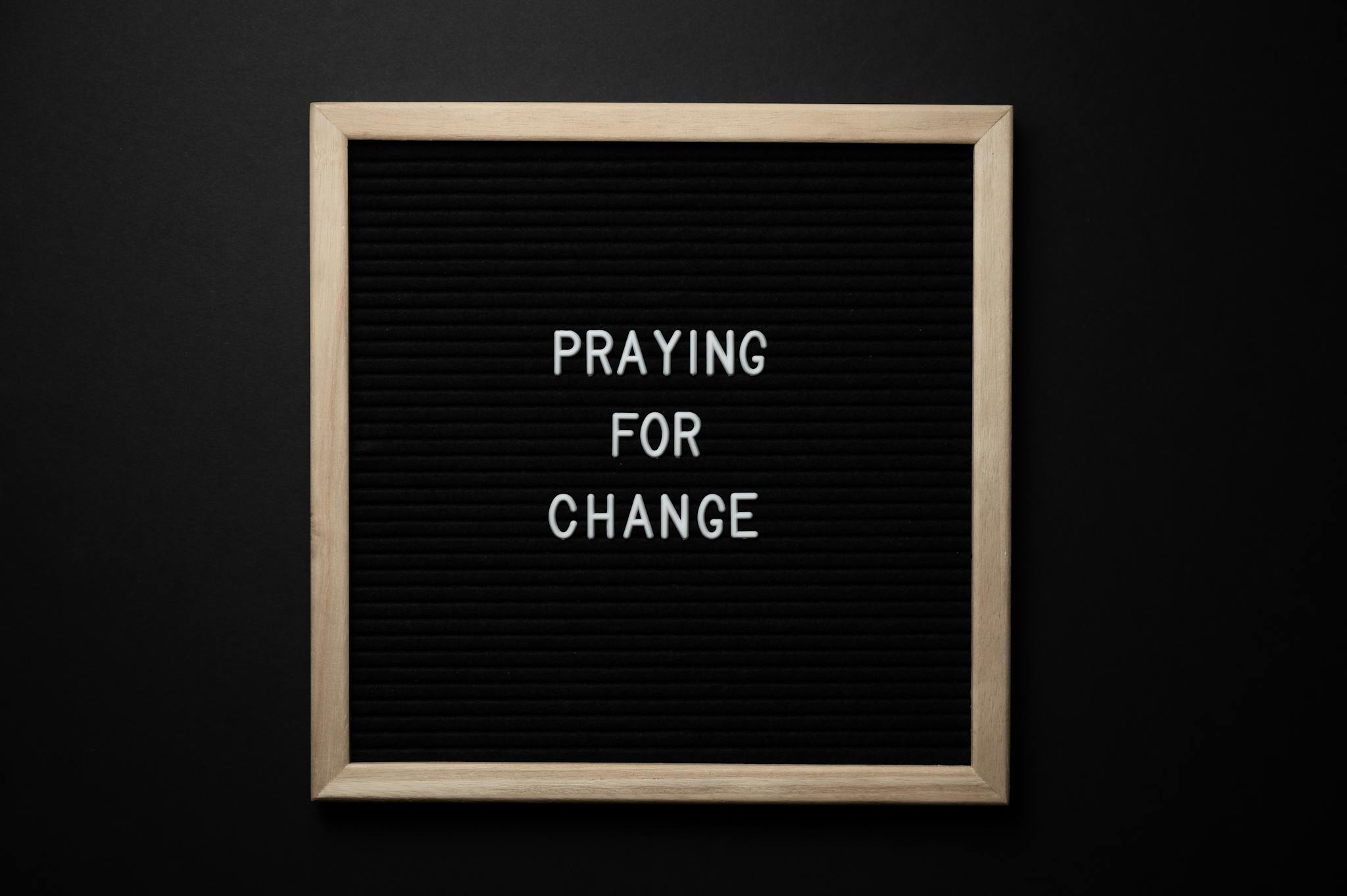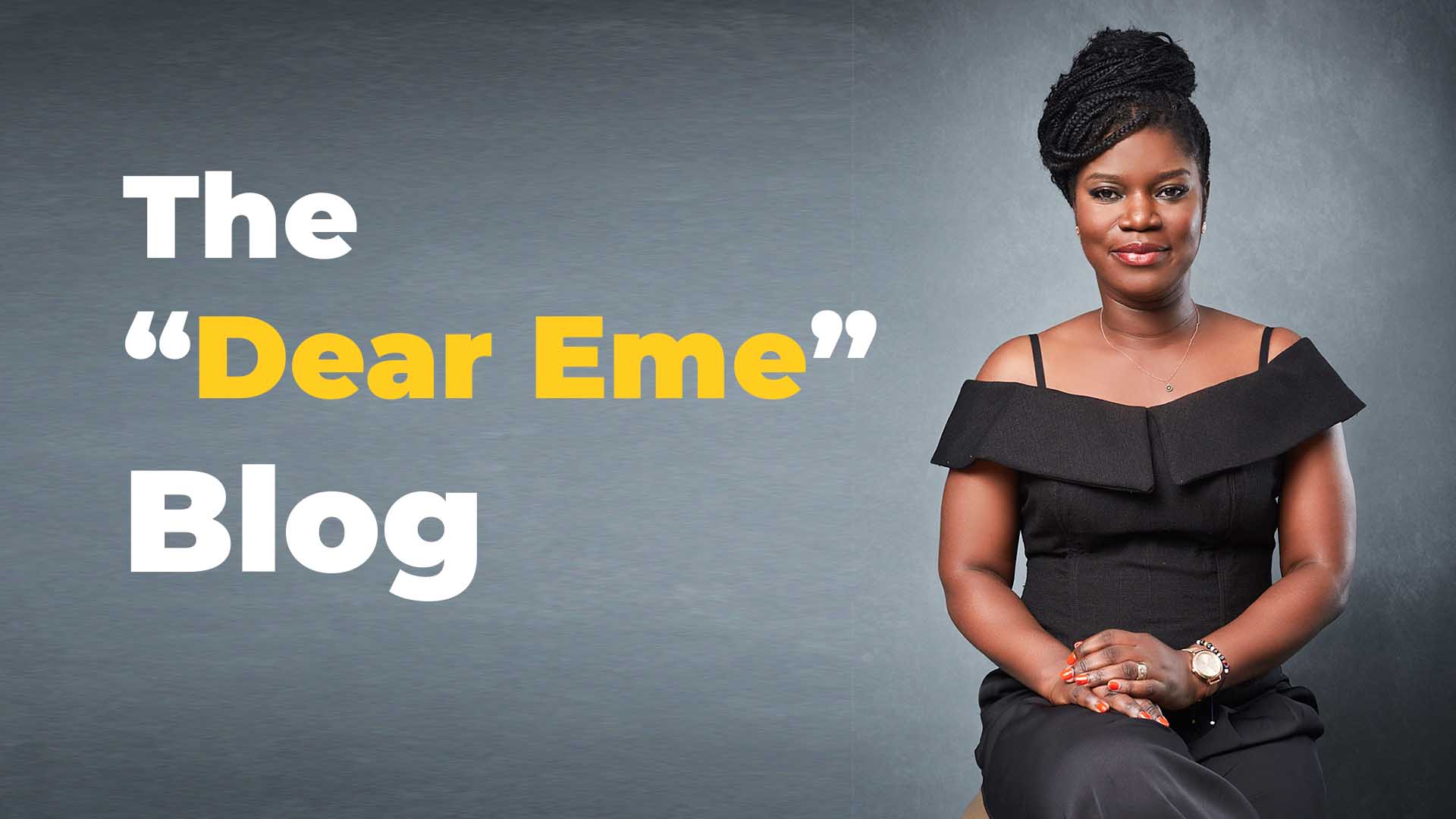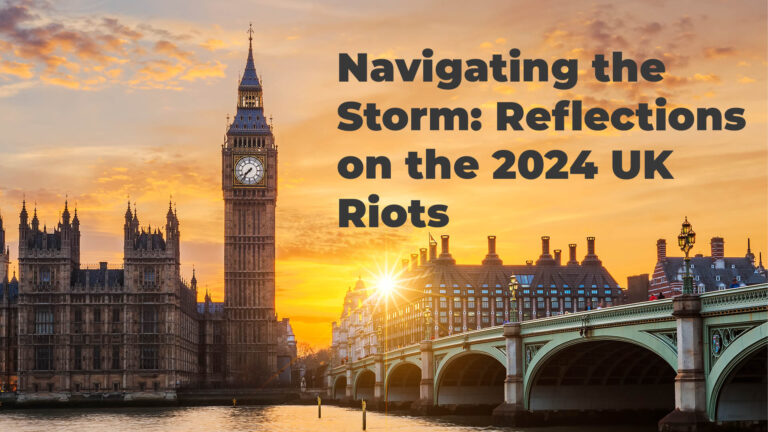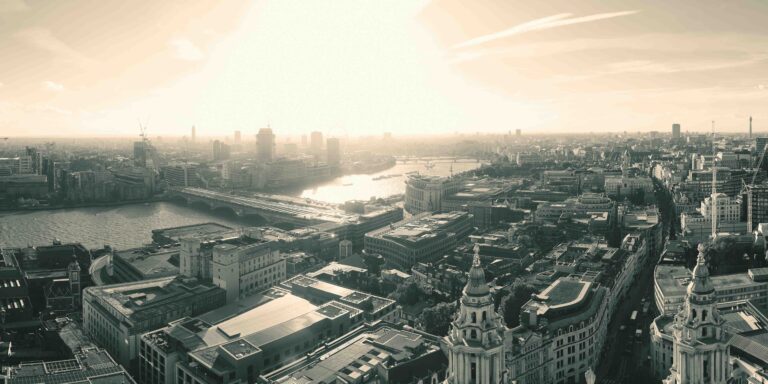“Brexit, Immigration, and the Rise of Islamophobia: A Complex Narrative”
Dear Eme,
In recent years, I’ve observed a troubling trend: the conflation of anti-Islam sentiments with anti-immigration rhetoric in both media and political discourse, particularly in parts of the West. This shift in narrative has had significant implications, leading to a rise in Islamophobia across various regions.
In the summer of 2016, during the UK’s European Union Referendum—commonly known as “Brexit.” At its core, many people voted to leave the EU due to concerns about the influx of Eastern European workers into the UK. The conversation around immigration, often centred on low-wage workers, was complex and multifaceted. However, for now, Eme, let’s focus on the growing fear of Islam and the broader implications of Islamophobia in the West and beyond.
The arrival of many Eastern European families in the UK led to increased demand for social services, particularly healthcare. Locals often blamed this strain on the influx of EU migrants rather than government policies or the broader community’s responsibility to provide for the growing population. Some politicians even misled the public, claiming that leaving the EU would free up funds to invest in the National Health Service (NHS)—a critical concern for many struggling to get doctors’ appointments, with immigration being the scapegoat.
Fast forward to the UK’s departure from the EU:
many Eastern Europeans returned to their home countries, yet the UK still faced a labour shortage. In response, the government opened its borders to African and Asian workers. Due to the challenges in some of these regions, many individuals from these continents seized the opportunity to escape hardship in their home countries. However, they faced a situation similar to the Eastern Europeans—being blamed for the country’s woes.
By 2023, the narrative shifted as more immigrants from Asia and Africa arrived to support the healthcare system. Now, the conversation was about “brown-skinned people” taking over the country. This sentiment was echoed across various media platforms, including LBC talk radio, where I remember a caller complaining about non-English speakers in public places like Asda and the conversion of churches into mosques.
This failure to understand that immigration naturally brings diversity in culture and identity is something I find perplexing. Some would prefer immigrants to abandon their cultural heritage entirely—to speak only English in public, to eat English food, and to conform to an idealised version of Britishness. However, many fail to realise that when English people migrate abroad, they often maintain their customs and traditions, and most host countries allow them to do so. So why should it be different in England? This attitude exemplifies the very “two-tierism” that some right-wing commentators decry—one set of rules for “us” and another for “them.”
If certain segments of the British population truly wanted to curb immigration, a more introspective approach would be to consider the roles immigrants are filling and how locals could fill those roles. Addressing labour shortages from within would reduce the need for immigration. However, as long as there are jobs that native-born citizens are unwilling or unable to do, immigrants will need to fill those gaps and keep the economy functioning. Leadership and local communities are responsible for ensuring that the infrastructure is in place to sustain legal immigration levels.
Eme, let’s consider this the first part of our conversation. In my next post, we’ll delve deeper into how immigration intersects with religion, particularly how the presence of Islam has contributed to the rise of Islamophobia that we are witnessing in 2024.
Love,








